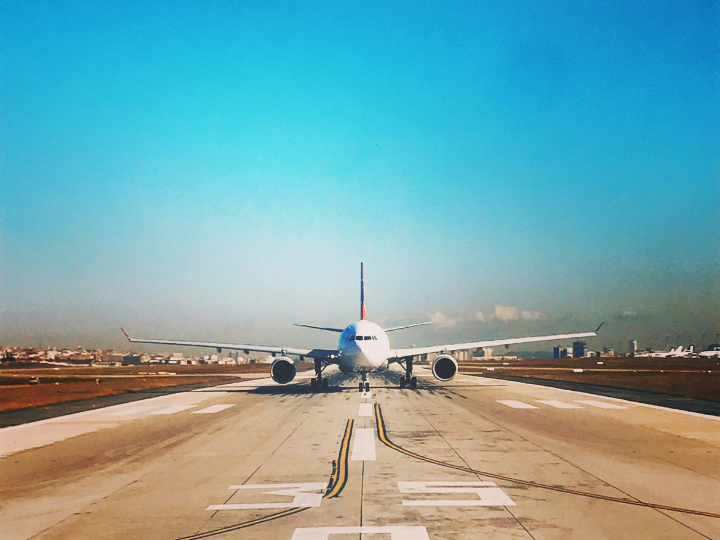by
Martin Banks
It says that social hostility to 60-80 ethnic minority groups in the country is "non existent" but cautions that "many other measures" are still needed to protect the rights of the many diverse ethnic groups in Azerbaijan.
Human Rights Without Frontiers (HRWF), which commissioned the in-depth study, say such steps include ratifying the European Charter for Regional for Minority Languages and increasing funding for projects.
Other recommendations include increasing the visibility of the country's ombudsman and "redoubling" efforts to tackle unemployment, particularly in those areas where minority communities live.
The study by HRWF, a leading Brussels-based NGO, includes interviews undertaken with 15 ethnic minorities in the country.
The findings were presented at a special hearing in the European Parliament in Brussels on Wednesday. The event heard from several community leaders representing ethnic minorities, including Russian and Greek, who live and work in Azerbaijan.
Azerbaijan, notes the 80-page report, is a "mosaic" of numerous ethnic, linguistic and religious groups that could be conflicting as it is the case in the North Caucasus.
However, it says that all ethnic groups, such as Quiz, Khanbalik and Budge, live in peace despite their different languages, traditions and cultures.
"So far, the multi-ethnic character of Azerbaijan has not caused serious problems."
The exhaustive study states that Azerbaijan has put in place mechanisms and policies that aim at bringing closer national minorities and that multi-ethnic diversity in Azerbaijan is a proof that peaceful co-existence is possible in the Caucasus.
The country enjoys a healthy civil society, with some 2,700 registered NGOs, and, in the capital Baku alone, there are more than 20 different cultural communities, including Russians, Ukrainians and Kurds.
A "culture of tolerance" that prevails in the country has been the catalyst for economic development, resulting in 1.1m jobs being created since 2004, with 30,000 jobs in the first quarter of 2014.
In the last seven years, more than 35,000 new enterprises were launched in Azerbaijan with more than 77 per cent of new jobs created in the regions.
The report,"Azerbaijan. Ethnic Diversity, Peaceful Co-existence and State Management," also highlights the work ethnic groups have made to life in Azerbaijan, including the small Greek community which in 1994 established the Argo organization to promote the Greek language and culture.
A much larger ethnic minority,the 120,000 strong Russian community, is also cited in the report as an example of a tolerant society, such as in education where teaching of the Russian language is now well established.
The NRWF analysis goes on to say the Lezgis, the largest ethnic minority in Azerbaijan, face “no discrimination at the personal level” and the estimated 9,000 Jews in the country are “fully part” of Azerbaijani society.
Managing such a multinational population is both a “challenge” but also an “opportunity” towards achieving and preserving peaceful co-existence between various ethnic groups.
The research concludes,”Violent ethnic conflicts in other parts of the Caucasus persuaded people that inter-ethnic clashes have no military solution except the gloomy prospect of destroyed settlements and the emergence of refugees."
"There may be lessons to learn from the country’s experience of ethnic and ethno-religious diversity that could be helpful for other states that are dealing with comparable diversity within their borders.This study is presented in this hope.”
Even so, it says "many other measures" can still be taken to ensure that the rights of minorities are "not neglected but, on the contrary, ensured and developed in Azerbaijan."
It makes a total of 16 recommendations for the Azerbaijani authorities and seven for the EU.
The report’s author Willy Fautre, director and founder of HRWF, who found an “appalling situation when he first visited the country in 1998, said that publication of the document was particularly timely in light of recent events in Crimea and Ukraine.




 By: N. Peter Kramer
By: N. Peter Kramer

